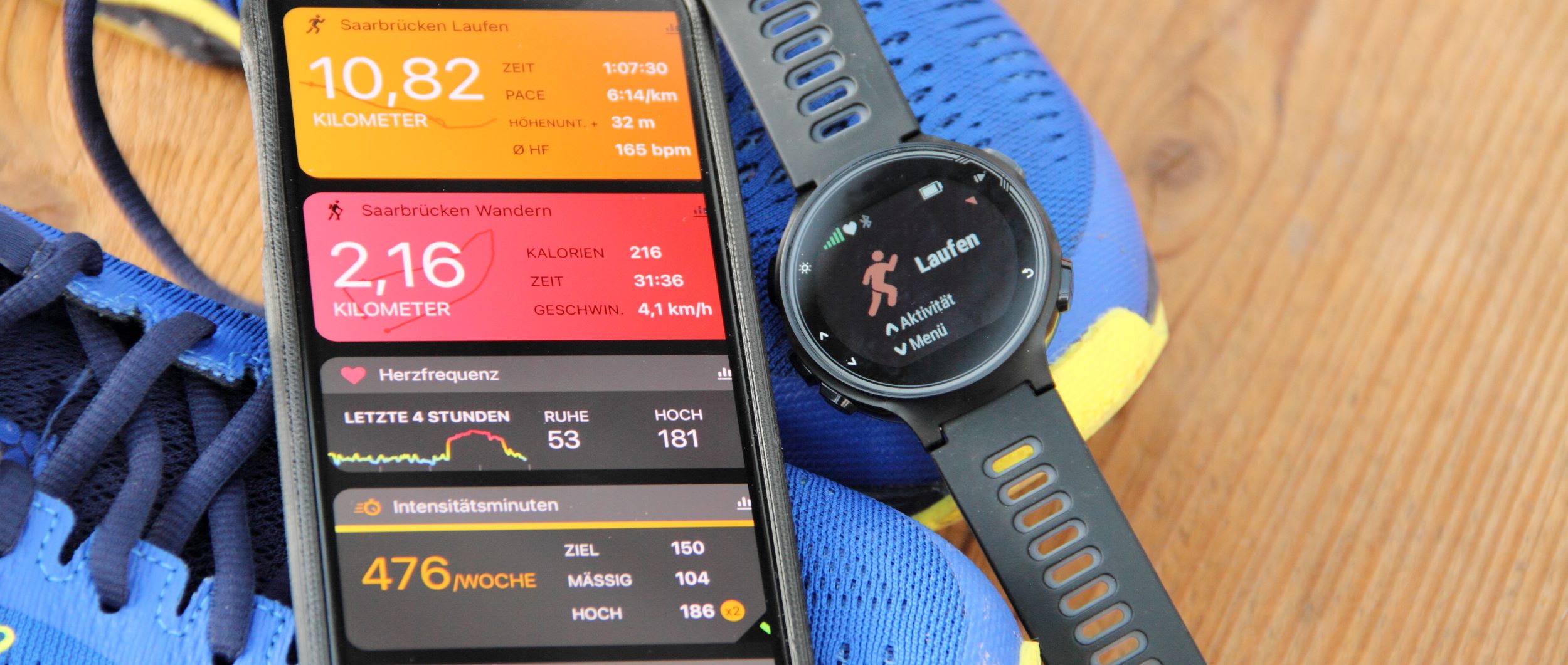As we delve into the realm of fitness tracking, a pivotal consideration emerges: the choice to go ‘unplugged’ with a fitness tracker without wifi. In an era where being constantly connected can be overwhelming, selecting a device that doesn’t require wifi offers a serene escape into the world of personal wellbeing. This choice not only simplifies the fitness tracking experience but also fortifies one’s commitment to staying focused on health goals without the distraction of endless notifications and data overloads. Such devices prioritize essential tracking features like step counting, heart rate monitoring, and sleep analysis, ensuring that your fitness journey remains clear and uncomplicated.
Moreover, the absence of wifi connectivity in your fitness device enhances battery life, making it a reliable companion for extended workouts or remote adventures. It’s an ideal solution for those who prefer minimalistic technology or those who operate in environments where wifi is sparse or nonexistent. By adopting a fitness tracker without wifi, you’re not only streamlining your workout routine but also reclaiming a sense of control over your digital life, enabling a more mindful and present approach to fitness. Visit our website to learn more and get started today! Click here.
Top Features to Consider in a Non-WiFi Fitness Tracker

When selecting a fitness tracker without wifi, there are several key features to consider that cater to your workout needs while offering convenience and efficiency. First and foremost, a long-lasting battery is crucial, as it reduces the need for frequent charging and ensures your device is ready when you are. Secondly, a user-friendly interface is invaluable, allowing for quick navigation and easy access to your fitness metrics.
Accurate activity tracking is another essential feature, providing insights into steps taken, distance traveled, and calories burned. For those into rigorous workouts or specific sports, specialized tracking modes that capture data relevant to the activity can be particularly beneficial. Additionally, a heart rate monitor is a must-have for those looking to track their cardiovascular health and workout intensity.
Sleep tracking is also a significant feature, offering a holistic view of your health by monitoring sleep patterns and quality. Water resistance is another important consideration, especially for swimmers or individuals who don’t want to worry about sweat or rain damaging their tracker. Lastly, a robust build quality ensures your fitness tracker can withstand the bumps and scrapes that come with an active lifestyle.
While these features are important, it’s also essential to find a balance that suits your personal preferences and fitness goals. A device that aligns with your lifestyle will make for a seamless addition to your daily routine, allowing you to track your progress and stay motivated on your journey to fitness freedom.
Navigating the Market: Finding the Right Fitness Tracker for You
The market for fitness trackers is diverse, with a plethora of options that can overwhelm even the most discerning buyers. To find the right fitness tracker without wifi for your needs, begin by defining your fitness goals and the specific metrics you wish to monitor. Whether you’re training for a marathon or simply aiming to increase your daily step count, your objectives will guide your choice.
It’s important to consider the design and comfort of the device, as it will be worn throughout the day and possibly at night. Look for a tracker with an ergonomic design that fits well on your wrist and is made from skin-friendly materials. The display is another critical aspect, as it affects how you interact with the device. Ensure that the screen is readable in various lighting conditions, especially if you plan on using it outdoors.
Compatibility with your smartphone or computer is also key for syncing your data and reviewing your progress over time. While you’re avoiding wifi connectivity, Bluetooth capability can be a useful feature for transferring data without needing a cable. Price point and durability should also influence your decision, as investing in a hard-wearing tracker that aligns with your budget will ensure long-term satisfaction.
By taking the time to research and compare different models based on these criteria, you’ll be equipped to navigate the market effectively. Remember, the best fitness tracker is one that you’ll actually use, so prioritize the features and functions that will support your individual fitness journey and encourage consistency in your workout routine.
The Impact of a Non-WiFi Fitness Tracker on Your Exercise Routine

Integrating a fitness tracker without wifi into your exercise routine can have a transformative impact on how you engage with your workout regimen. Without the distraction of constant notifications and the temptation to browse the internet, your focus shifts entirely to your physical activity and performance metrics. This undivided attention allows for a more mindful and effective exercise session, helping you to stay present and in tune with your body’s responses.
A non-wifi fitness tracker simplifies the tracking process, emphasizing essential data such as step count, heart rate, and calories burned. By honing in on these key metrics, you can easily monitor progress and make adjustments as needed to optimize your workouts. The simplicity of these devices often translates to longer battery life, reducing the frequency of charges and ensuring your tracker is ready to go whenever you are.
Moreover, a fitness tracker that operates without wifi can be beneficial for those concerned with privacy and security. With fewer connectivity options, there’s less risk of personal data being transmitted or exposed. For individuals who prefer exercising in remote areas or on rugged trails, the lack of wifi is a non-issue, as the primary goal is to record physical activity data reliably, regardless of location.
Ultimately, a non-wifi fitness tracker acts as a silent partner in your fitness journey, providing the information you need without overcomplication. By streamlining the tracking of your workouts, you can set clear fitness objectives, track your progress with precision, and cultivate a more disciplined and rewarding exercise routine.
Maintaining Privacy and Security with a Non-WiFi Fitness Tracker

In today’s digital age, maintaining privacy and security is a growing concern, especially when it comes to wearable technology. A fitness tracker without wifi provides a compelling solution for those looking to keep their personal health data protected. Such devices typically store information locally, which significantly reduces the risk of data breaches or unauthorized access that can occur with internet-connected gadgets.
By opting for a non-wifi fitness tracker, you eliminate a potential entry point for hackers and safeguard your sensitive information. These trackers focus on the essentials, recording your activity levels and health metrics without transmitting data over the web. This approach not only reinforces security but also simplifies the user experience, allowing you to concentrate on your fitness goals without worrying about complex privacy settings or data sharing preferences.
Additionally, the absence of wifi connectivity means your fitness tracker is less susceptible to remote exploitation. You have control over when and how to sync your data, typically through a direct, secure connection to your smartphone or computer. This manual transfer process puts you in charge of your data, offering extra peace of mind.
For individuals who value discretion, a non-wifi fitness tracker is an excellent choice. It provides the benefits of fitness tracking while ensuring that your workout details and health statistics remain private. Whether you’re a professional athlete or a fitness enthusiast, you can trust that your personal information stays within your control, free from the prying eyes of the digital world.
Personal Stories: Transformative Fitness Journeys Without the Distraction of WiFi
Imagine embarking on a fitness journey, where the only connection you make is with your body and your goals. That’s the experience many runners have found with a fitness tracker without wifi. These individuals have discovered the transformative power of focusing solely on their physical activity, unhindered by the distractions of constant notifications and online interruptions.
Visit our website to learn more and get started today! Click here.
One runner shares how the simplicity of a non-wifi tracker helped to maintain a clear mind, allowing them to listen to their body’s cues and improve their performance. Without the usual digital interruptions, another user found that their runs became more meditative, turning exercise into a form of stress relief and mental clarity. This shift in focus can lead to profound improvements in both physical and mental well-being, turning a routine workout into a holistic health experience.
These personal stories highlight not just the physical benefits of running and fitness tracking, but also the mental and emotional gains. By removing the ‘noise’ that wifi-connected devices often bring, runners can forge a deeper connection with their fitness journey. It’s about more than just the metrics; it’s about the joy of running, the rhythm of your breath, and the strength in your strides.
Whether you’re looking to improve your personal best, seeking a peaceful escape, or setting out on a path to better health, a fitness tracker without wifi might be the key to unlocking your potential. It’s not just a tool for measuring progress—it’s a companion on a journey towards a more present and focused fitness routine.
Embrace your fitness freedom and join our community today! Click here to explore more.

